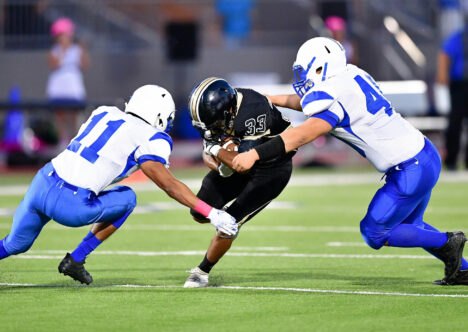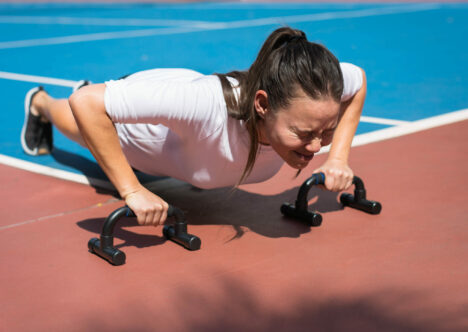Use our convenient online scheduler to book an appointment now.
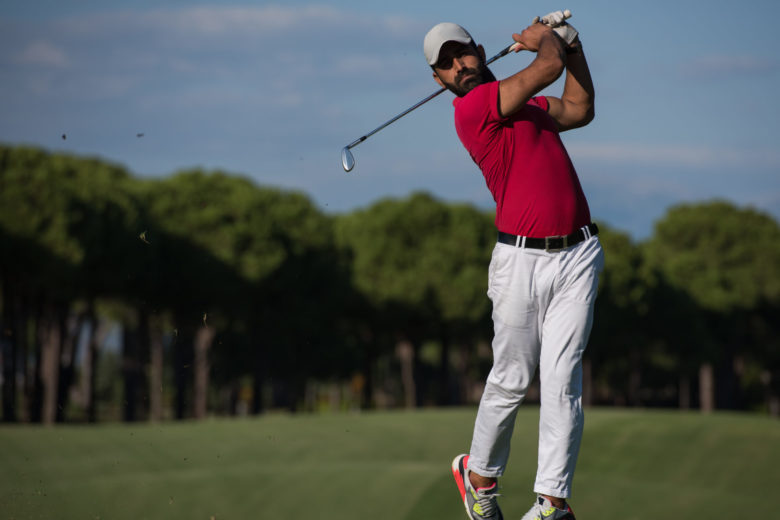
Rotator cuff tears are a common orthopedic injury, with an incidence of nearly 3 million per year in the United States. Nearly half a million rotator cuff repairs are performed annually. Many patients who experience this kind of tear do so as a result of degenerative changes that occur with aging, a result of overuse, or from a single traumatic event. In this feature, we provide an overview of common ways a rotator cuff injury might occur, the process of diagnosis with a rotator cuff tear MRI.
What is a Rotator Cuff Tear?
The rotator cuff is a group of four tendons deep in your shoulder. A normally functioning rotator cuff is critical for normal, pain-free shoulder motion. A rotator cuff tear happens when your rotator cuff rips or pulls off the bone at the top of your arm.

Some rotator cuff tears can lead to poor shoulder function and shoulder pain. When this happens, seeing a rotator cuff specialist is important for recovery. Not all rotator cuff tears cause symptoms, especially if they develop slowly with age.
However, in the majority of rotator cuff tears that occur following an athletic injury, symptoms will develop in the affected shoulder including:
- Pain with some or all shoulder motions
- Aching pain at night and after use
- Weakness with activities, especially overhead
- Trouble sleeping
- Limited range of motion secondary to pain or weakness
- Clicking, popping, or catching sensation (Crepitus)
Common Sports Causes of a Torn Rotator Cuff
In patients under 40, a rotator cuff tear often results from injuries sustained in athletics. Higher rates of incidence occur in sports with constant overhead motion. Injuries to the rotator cuff are a common source of pain and dysfunction in athletes across all sports and levels of competition. A study by a single professional football team reported that rotator cuff contusions accounted for 47% of all shoulder injuries.
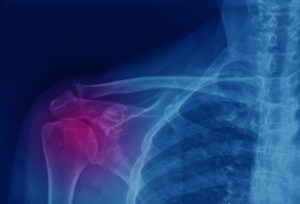
Sports that require repetitive lifting or overhead activities are more prone to rotator cuff tears such as:
- Baseball
- Tennis
- Rowing
- Volleyball
- Weightlifting
- Golf
- Swimming
In athletes, injuries to the rotator cuff can result from an acute episode of trauma such as a direct blow, falling on an outstretched arm, or from chronic overuse and repetitive microtrauma.
Diagnosis, Rotator Cuff Tear MRI, & Treatment
A torn rotator cuff can typically be diagnosed through physical examination and X-rays. More advanced tears or questionable tears may require a rotator cuff tear MRI to determine the location and extent of the injury. Your orthopedic specialist will then develop a plan tailored to your specific level of injury.
Treatment
Conservative treatments and physical therapy may work for pain relief in less serious tears. These treatment options may include:
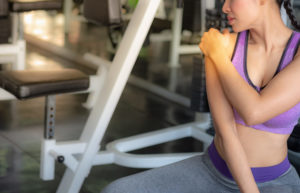
- Rest
- Activity modification
- Strengthening exercises
- Steroid injections
- NSAIDs
- Physical therapy
If you would like to return to a high level of athletic activity sooner, surgery may be recommended. Early surgical intervention may be a good fit for young athletes who have experienced a traumatic, full-thickness tear. Depending on the extent of the tear, a repair of your tendon may be possible. This type of surgery can be performed arthroscopically on an outpatient basis.
The earlier intervention is carried out, the faster you can heal and get back on the field.
Rotator Cuff Tear Healing Time
While the surgery itself is fairly routine, recovery can be demanding. Fortunately, our team of specialists, surgeons, and physical therapists will be with you the whole way to achieve the best outcome and get you back to optimal shape.
By 3-4 months, patients are often doing fairly well. Full recovery, however, is achieved sometime between 6 months to a year after surgery.
For more questions, or to schedule your appointment, call Town Center Orthopaedics any time at (571) 250-5660, or request an appointment today.
Join our Mailing List
TCO provides patients with orthopedic problems the trusted resources and patient-centered advice they need to “Feel Better. Move Better. Be Better.”
© 2024 Town Center Orthopaedics | All Rights Reserved

